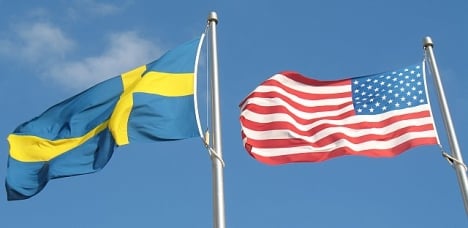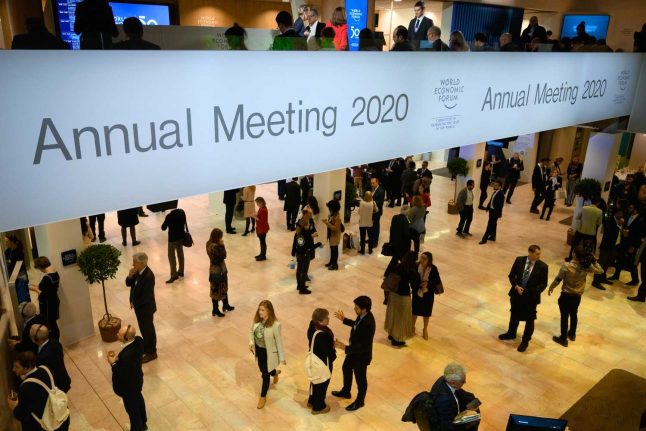Sweden climbed two spots in the Geneva-based organisation’s annual Global Competitiveness Report, landing in second place behind Switzerland, which topped the rankings for the second year in a row.
The United States, which held the number two spot last year, moved down to the fourth position, while Singapore retained its lock on third place.
Sweden’s Nordic neighbours all placed high in the survey, with Finland (7th) and Denmark (9th) among the top 10, and with Norway at 14th.
According to Stefan Fölster, chief economist at the Confederation of Swedish Enterprise (Svenskt Näringsliv), a strong economy, sound public finances and high growth are all contributing factors to Sweden’s high ranking.
He cautioned, however, that the rankings say little about what lies ahead.
“Unfortunately, there is no connection at all between these rankings and future growth. These lists focus quite a bit on macroeconomic factors, but very little on conditions for small business, for example,” Fölster told the TT news agency.
Sweden was the number one country in a number of the survey’s ranking factors, including intellectual property protection, ethical behaviour of firms, availability of advanced technologies, and private sector R&D spending.
However, the report pointed singled out restrictive labour regulations, high tax rates, and tax regulations as factors which remain problematic for doing business in Sweden.
The Global Competitiveness Report’s competitiveness ranking is based on the Global Competitiveness Index (GCI), which takes into account 12 pillars of competitiveness.
The pillars include institutions, infrastructure, macroeconomic environment, health and primary education, higher education and training, goods market efficiency, labour market efficiency, financial market development, technological readiness, market size, business sophistication, and innovation.
According to the World Economic Forum, the survey, which is based on responses from 13,500 business leaders in 139 countries, is designed to capture a broad range of factors affecting an economy’s business climate.



 Please whitelist us to continue reading.
Please whitelist us to continue reading.
Member comments